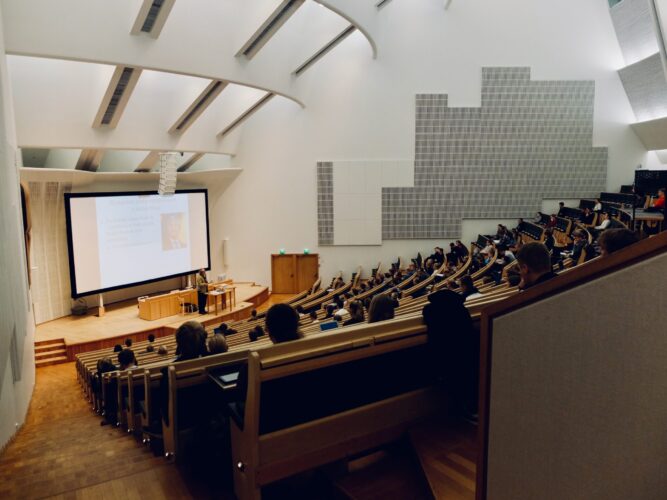Lectures on Democratic Innovations
Project in brief
TIMELINE
- Ongoing
Link
Partners
Dr. Raphael Kies (University of Luxembourg)
Nino Sharashidze (Université du Luxembourg)
Lisa Verhasselt (PhD candidate University of Luxembourg / Catholique de Louvain)
Tags

Project description
Lectures on Democratic Innovation are given in the framework of the Master in Legislative Studies (University of Luxembourg) and for the Master in European Governance (University of Luxembourg)
The course aims to explore to what extent these “new” instruments of democracy can serve (at least partially) as an antidote to address the democratic deficit. The first part of the course will focus on discussing the different expressions of the democratic deficit as well as the normative issues raised by democratic innovations. The second part of the course will focus on the concrete analysis of democratic innovations and participatory practices in three areas:
- Democratic innovations within the framework of the making of the law: online parliaments (e-parliament), online petitions (e-petitions), citizens’ initiatives (for example, the European citizens initiative), the participatory budget, constitutional reforms.
- Democratic innovations and elections: internet voting (e-voting), voting support systems (such as smartwielen in Luxembourg), party and candidate campaign strategies.
- The use of democratic innovations by the actors of political life (political parties, civil society, the media). Particular attention will be paid to the way in which these actors try to interact with the public and / or their members (e.g. online forums, online consultations, etc.)

